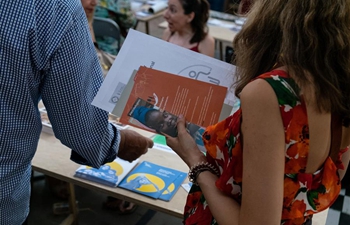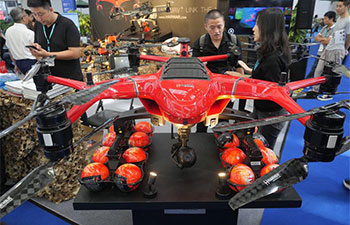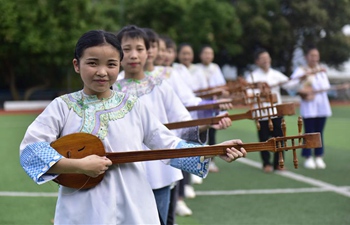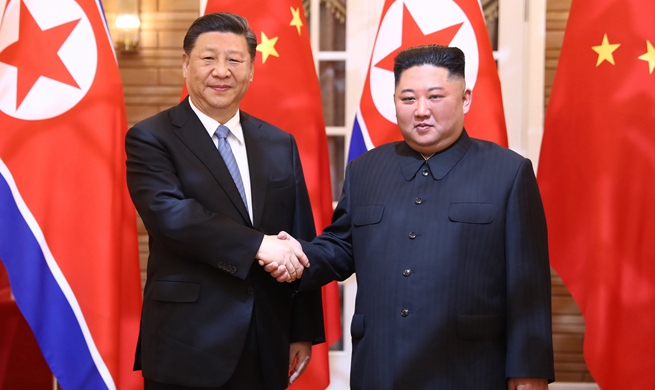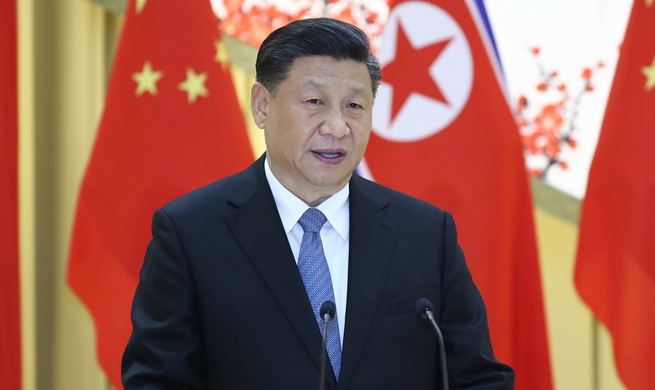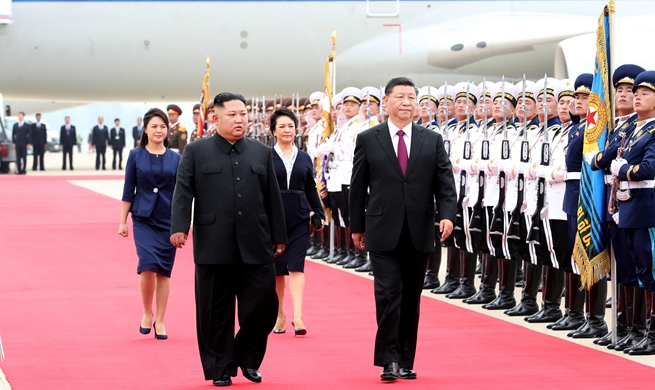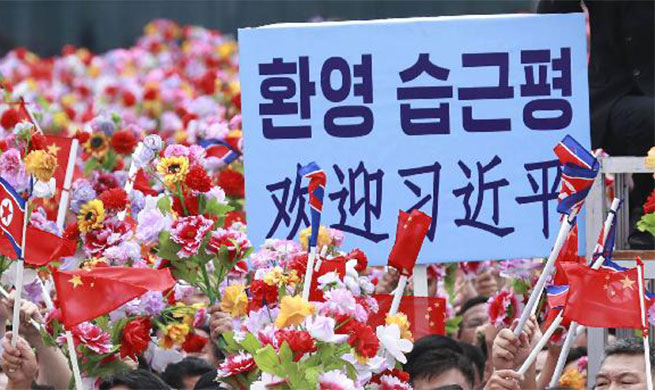BRUSSELS, June 20 (Xinhua) -- The European Union (EU) now has "a new Strategic Agenda for the EU setting the priorities and direction for 2019-2024," Donald Tusk, president of the European Council, said Thursday on his twitter account.
Tusk made the announcement during the Summer gathering of European leaders in Brussels who was mainly tasked to name the new president of the European Commission, the administrative arm of the Union.
Aiming to guide the work of EU Institutions in the next five years, the Agenda focuses on four main priorities: protecting citizens and freedoms, developing a strong and vibrant economic base, building a climate-neutral, green, fair and social Europe and promoting European interests and values on the global stage.
To carry the above goals out, the agenda calls EU institutions to focus on what really matters. "The EU must be big on big and small on small. It must leave economic and social actors the space to breathe, to create and to innovate," said the agenda published via Tusk's twitter.
"The EU must also address internal and external challenges in an integrated manner. For external action to be effective, we need a strong internal economic base," said the document.
Urging more cohesiveness from different levels of the Union, the document said the EU institutions and member states must work side by side and use their considerable resources in a joint endeavour. "The diverse talents of regional and local actors should be harnessed for the benefit of the overall effort," said the document.
After the European Elections in May, EU leaders including Tusk are engaged to reach consensus about the new president of European Commission. As the election has greatly changed Europe's political landscape, the spitzenkandidaten system through which the outgoing president of the Commission Jean-Claude Juncker claimed his presidency five years ago, is facing mounting pressure.
The process is a procedure whereby European political parties, ahead of European Elections, appoint lead candidates for the role of Commission President, with the presidency of the Commission then going to the candidate of the political party capable of marshalling sufficient parliamentary support.

